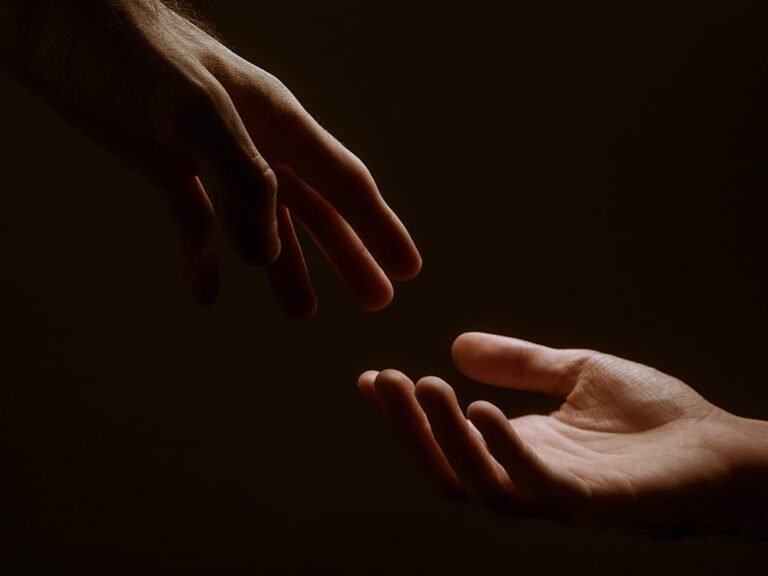appel du pied
An “appel du pied” literally means a “call of the foot” but actually means a discrete invitation, a seduction attempt, an allusive proposal or simply an invitation. Its origin is unknown. There is a related term that exists in the world of fencing with swords, but it doesn’t seem to be linked to this usage. Its most likely origin is the practice of men and women touching their feet with each other under the table, as a way of communicating their wish to engage in more intimate activities away from the table. In English, this is called “playing footsies.”






